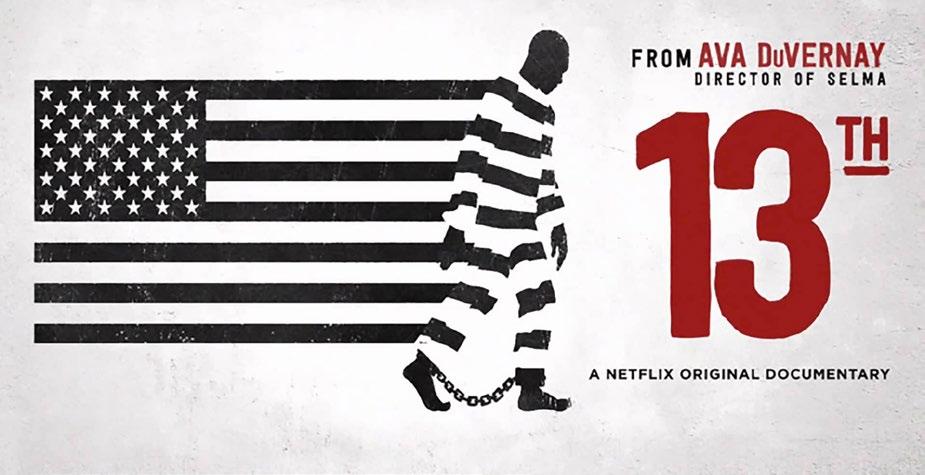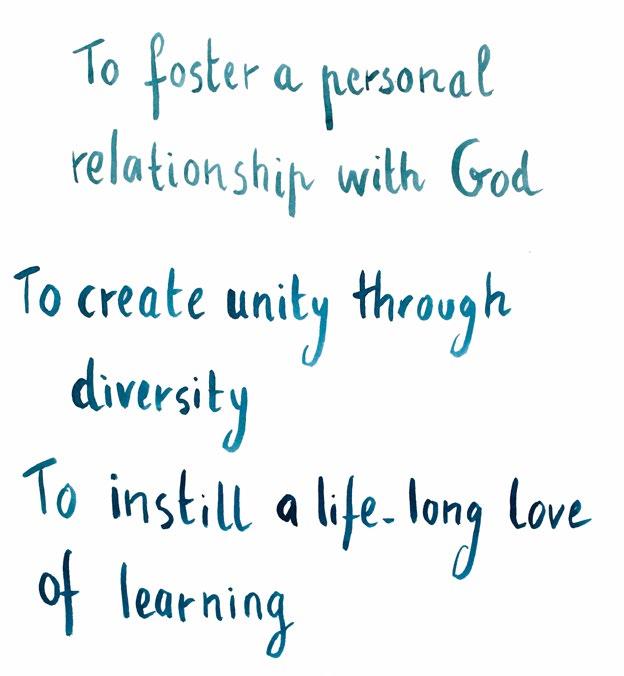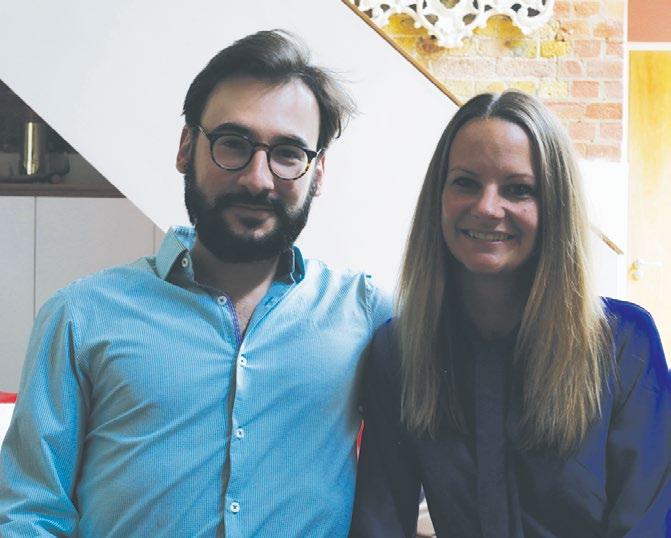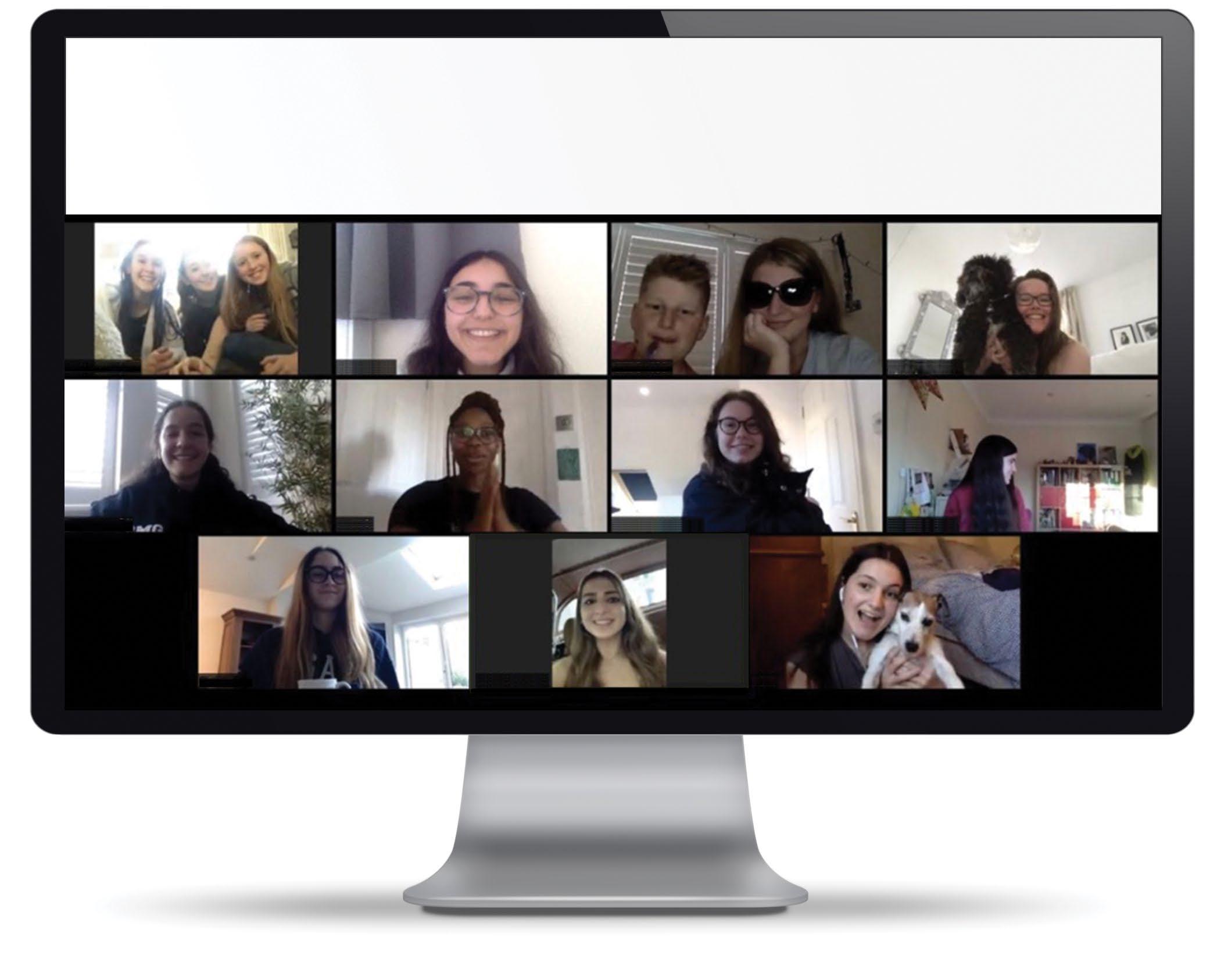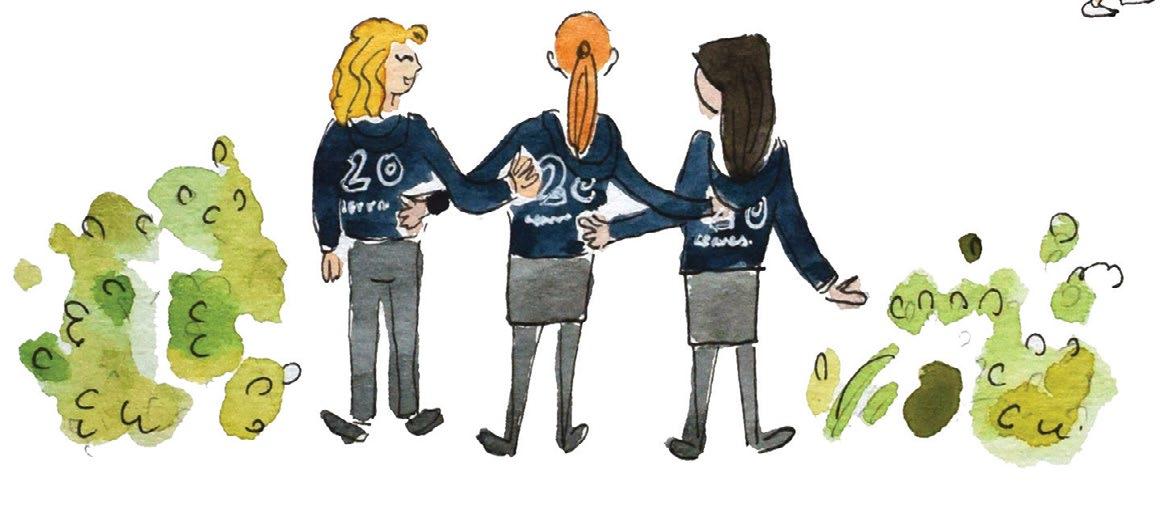
2 minute read
Racism and Coronavirus
Marymount’s first online newspaper, written and edited by Marymount students, was
launched in January 2020. The Marymount Messenger features student journalists’ voices,
providing updates on events within and beyond the School gates as well as expressing their opinions on societal issues. We hope you will enjoy these articles selected from the publication and read more at MarymountMessenger.com .
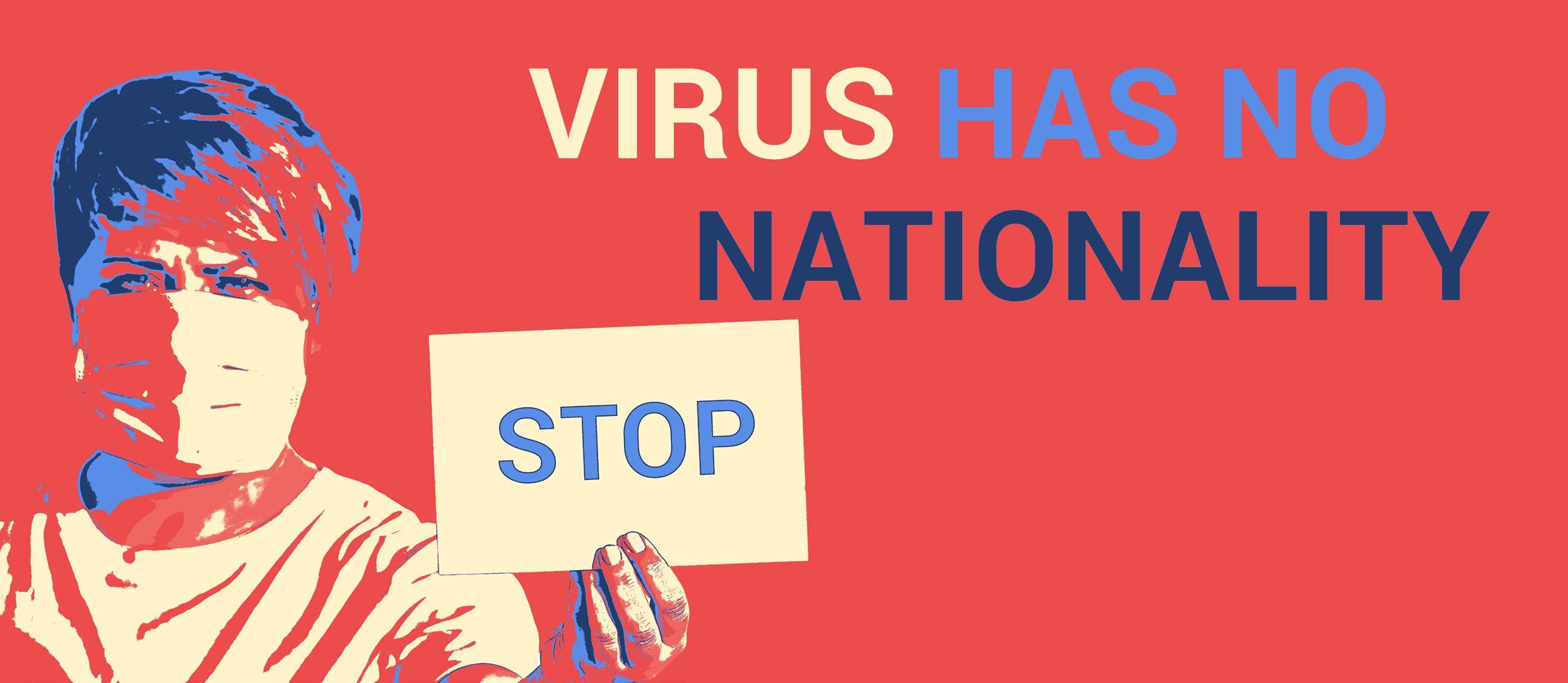
COVID-19, or the coronavirus, has spread across 86 countries around the world from its origin in Wuhan, China, in the span of two months. At the time of writing, there are 96,203 reported cases and 3,303 deaths worldwide from the virus, including 273 cases in the UK, whose symptoms include difficulty breathing, cough, and a fever. The novel coronavirus has many of us living in the UK and other countries concerned about our health, but it has a side effect RACISM AGAINST that is perhaps less obvious: increasing racism against Asians, not just of Chinese descent, around the world. ASIANS SOARS AMID On 3rd March 2020, a Singaporean law student called Jonathan Mok was attacked in Oxford Street (a popular shopping destinaCORONAVIRUS tion in London) after a group of men and one woman shouted “Coronavirus” after him. When he turned around, the man shouted, OUTBREAK “Don’t you dare look at me, you!” and punched Mok in the face. Another member of the group said, “I don’t want your coronavirus in my country”. He was told at a hospital’s A&E department that he had By Sofía (Grade 10) fractures in his face and may have to undergo surgery. First published in the Marymount Messenger This racist attack, unfortunately, is not the first of its kind. In on 9th March 2020 Brianza, a small town north of Milan, two young men attacked an older Asian man and a bystander had to intervene. A broadcast caused outrage across the Netherlands for playing a song titled ‘Voorkommen is beter dan Chinezen’, or ‘Prevention is Better than Chinese’ on the radio. As well as physical attacks, people of Asian origin – not just from China – have reported receiving verbal abuse and threats, as well as being avoided on public transport and in the streets. In Sydney, Australia, a South Korean student was asked to leave her dormitory at a private school, even though she had not been to China since October 2019 and was medically cleared. Asian restaurants worldwide, including in London’s Chinatown, have noticed a significant decrease in the number of visitors to their restaurants. This is not the first time that diseases have caused increases of racism – in 2014, during the Ebola crisis in West Africa, there was an increase in attacks against people of African descent worldwide. Although the novel coronavirus is frightening, we cannot allow stereotypes about it to colour our perception of our Asian friends, family, classmates and fellow residents. People of all backgrounds can be susceptible to the virus; exclusion and attacking of Chinese and other Asian people is irrational, racist and must not be allowed to continue, and in order to fight it we must keep ourselves educated on the risks, maintain our morale and work together, not against each other, to stay safe.

